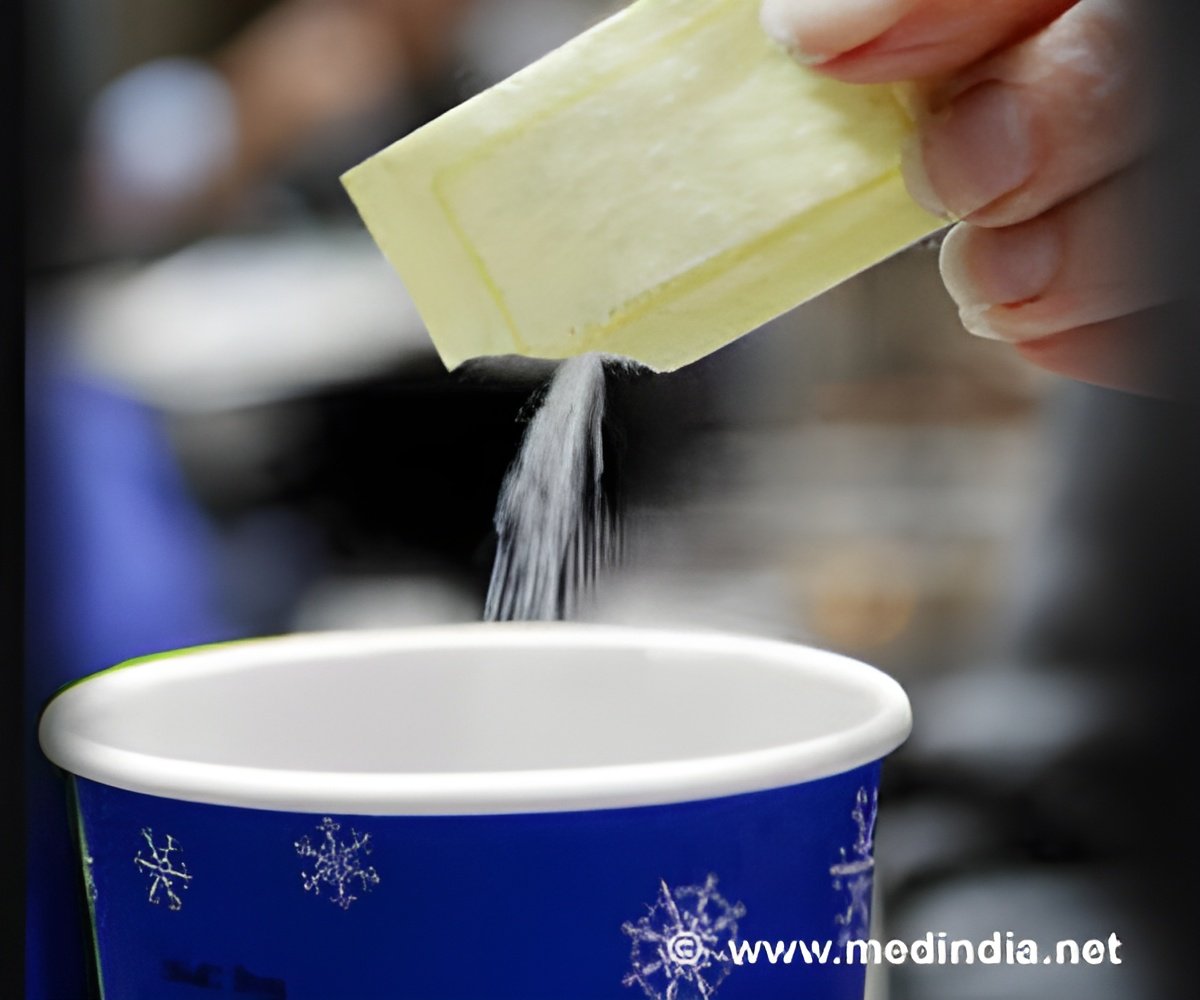Artificial sweeteners regulate appetite and alter taste perceptions. It also promoted hyperactivity, insomnia, and poor sleep quality.

‘Artificial sweeteners change the way how the sweetness of the food is perceived and prompts an increase in caloric consumption.
’





The researchers found that fruit flies became more hyperactive and started eating more when they were exposed to a diet laced with synthetic sweetener sucralose for a longer period of time.The researchers also found that they were much more sensitive to real sugar. The flies consumed 30% more calories of naturally sweetened food. "It turns out that these animals were acting like they hadn't eaten, even though they had eaten," said co-author, Associate Professor Greg Neely.
Consumption of artificial sweeteners increased the sweet intensity of real nutritive sugar and the urge to eat more food.
"When sweetness versus energy is out of balance for a period of time, the brain recalibrates and increases total calories consumed," the authors said.
“The sweet taste sends signals to the brain that integrate with an energy sensor called AMPK. They work together to change the message sent from reward neurons, such as dopamine,” said Prof Neely.
Advertisement
Artificial sweeteners are prescribed to lose weight and are consumed by billions of people worldwide. The study is the first to identify a complex neuronal network that responds to artificially sweetened food.
Advertisement
Source-Medindia














